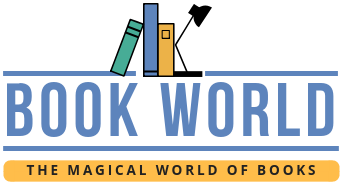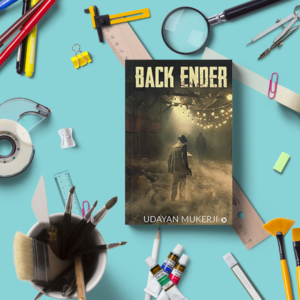
As a teenager, I read my share of erotic and romantic novels. I can probably blame it on my hormones; at that point, only such stories caught my fancy and felt relatable. But there was one popular series that always evaded me: Fifty Shades by EL James. Now, as a 40-year-old with a broad interest in a variety of genres, I decided to finally pick it up, starting with Fifty Shades Freed, the third and final installment.
I don’t know why I chose to read it – maybe to relive my teenage years, or just to see if the genre still held the same appeal. The reason I started with the third book is simple as this was available in the library with the first two being in circulation. To my surprise, it didn’t spoil my experience. The book works well enough on its own, and while I had to piece together some details from Ana and Christian’s past, it was not confusing or distracting.
From whatever I gathered from the book Freed, Christian had a traumatic childhood: neglected by his addicted mother and physically abused. Later on abused by Elena. His relationship with Elena read like a twisted case of Stockholm Syndrome. He had soft feelings for Elena. He looked upon her as a saviour who brought stability in his life. It is this outlook of Christian which Ana repeatedly challenged.
In contrast to him, Ana was a product of a loving, stable home with caring parents. Her happy childhood and grounded personality gave her an entirely different perspective on love and relationships. She has a special relation with her father Ray who taught her self-defence. Her perspective helped Christian realize that his relationship with Elena was not one of guidance, but of exploitation and abuse. The news of their baby arriving seemed to add another layer, forcing Christian to reconsider how he defined love and protection. He clearly didn’t want his child to inherit the darkness he once mistook for affection.
To my surprise, it wasn’t the steamy scenes that kept me turning the pages. I didn’t find the erotic stunts interesting at all and, in fact, I ended up skipping quite a bit of them. Instead, I found myself unexpectedly connecting with the tumultuous and exhausting dynamics between Christian and Ana.
The book, in its own way, is an uncensored look at the constant friction that can exist in a long-term relationship. It’s more about the push and pull in a marriage where one partner’s need for control clashes with the other’s need for freedom and identity. The constant arguments and the palpable tension felt incredibly real to me. This is what happens in most marriages – two people trying to figure out how to be together without losing themselves.
It felt like watching a real-life couple in a spiral, where every disagreement becomes a bigger issue. There’s a moment when things reach their peak and it seems like the relationship might truly break down. And just when you think it’s over, the slow, messy, and necessary process of patching things up begins. They finally start to talk and resolve the issues they’ve been avoiding. My own marriage has seen all of these stages, and we still go through this process.
I found this aspect of the story to be its truest strength. It’s a reminder that real love isn’t about constant passion and perfection; it’s about navigating conflict, making mistakes, and having the courage to talk through the difficult parts. It’s how real relationships stretch, snap, and then somehow mend again, stronger than before. They choose to fall in love all over again. Marriages, whether they are based on love or are arranged, require work to make them succeed.
I also have to give credit to E.L. James for the way she sketched her main characters. Both Christian and Ana are written to be deeply captivating and alluring in their own ways. Christian, with all his contradictions, is layered enough to draw the reader in – a man of power and control on the surface, but broken and vulnerable underneath. And then there is Ana, the perfect counterbalance. She is the antidote to his darkness, the one who peels back those layers until what’s revealed is not a domineering man but a frightened child, desperate for love and reassurance. Through Ana, James shows that even the most damaged soul can blossom again with patience, tenderness, and trust.
If I’d read this as a teenager, I’m sure I would have been swept up in the thrill, the glamour, and the fantasy of it all. At forty, though, what I saw was a portrait of two people stumbling, learning, and choosing to love each other despite it all. And to me, that was the most powerful part of the book.



